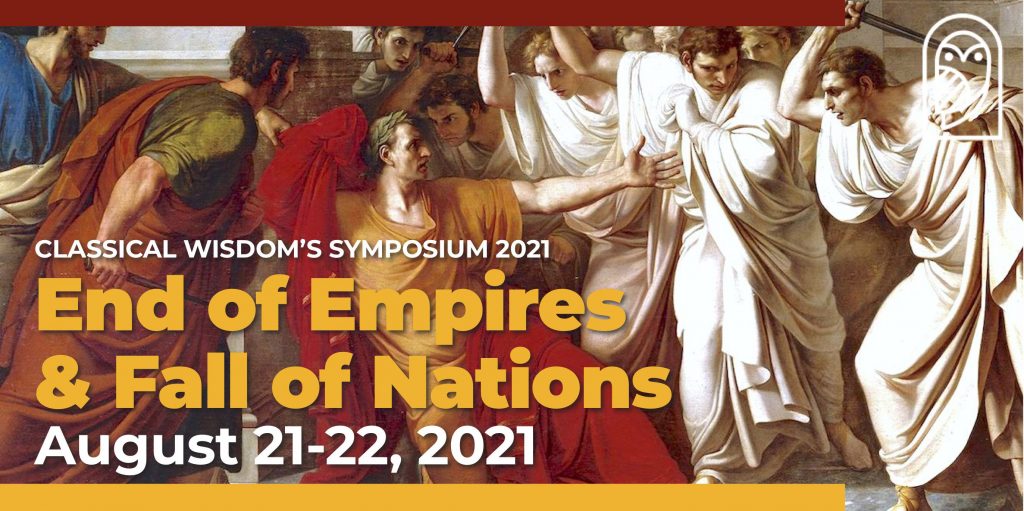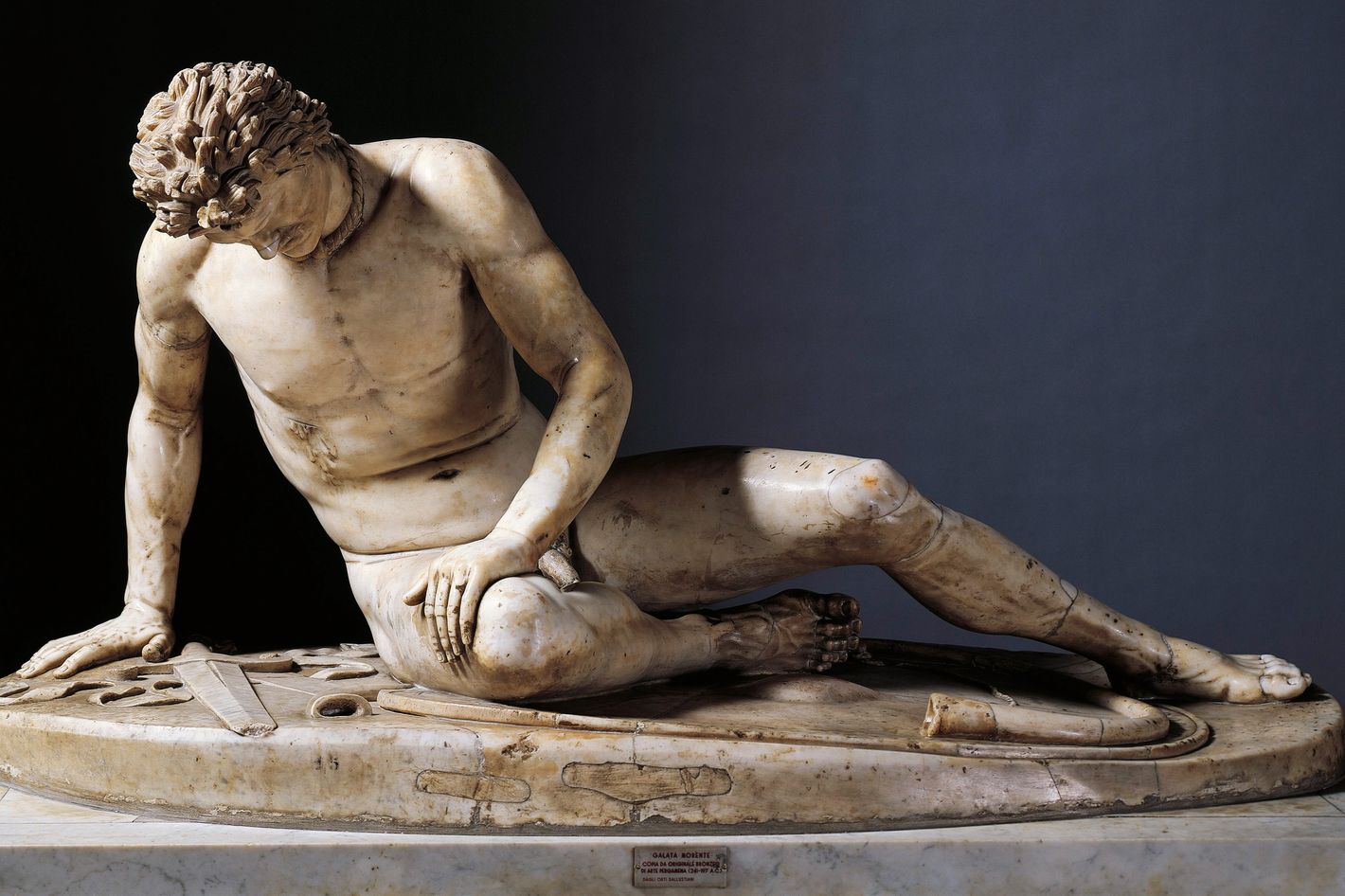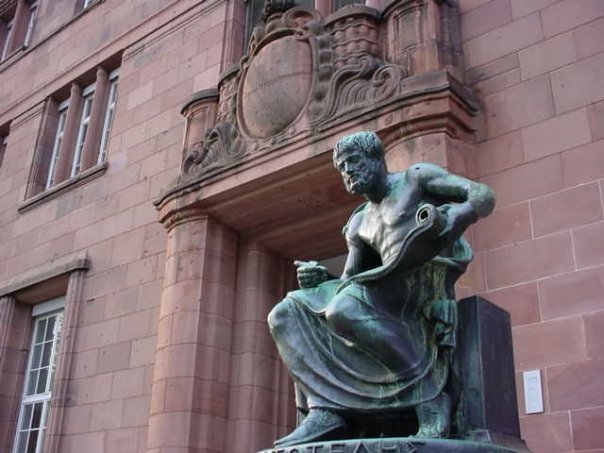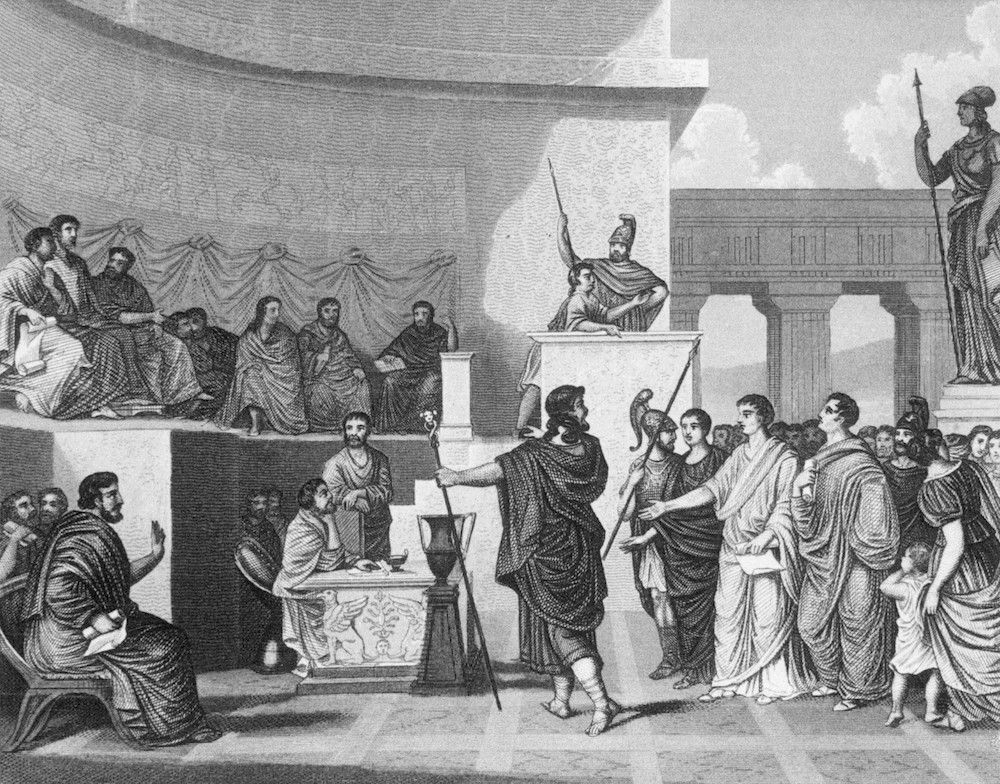What exactly is a citizen?
The idea of citizenship emerged from the city-states of ancient Greece where the obligations of the citizen were very much part of everyday life.
It was thought that to be truly human, one had to be an active citizen to the community. As Aristotle once noted: “To take no part in the running of the community’s affairs is to be either a beast or a god!”
But being a citizen was not just being part and parcel of society, it was also an opportunity to prove one’s value. It was a chance to be virtuous, to gain honor and respect.
| The concept of citizenship that was born out of the Archaic period of Greek history persisted (though with decreasing influence) well into Roman times. The equivalent Latin word was civitas, also meaning “citizenhood,” and it was expanded from small-scale communities to the entirety of the empire. The Romans came to the realization that granting citizenship to people from all over the empire legitimized Roman rule over conquered areas. But perhaps ancient Greece and Rome are more the exception than the rule… because for the majority of human history, the stories are of peasants, subjects, and tribes. Indeed, the concept of the “citizen” is historically rare… but it was among America’s most valued ideals for over two centuries. In America, just as in Greece and Rome, the concept of “citizenship” was more than just “rights,” it was a virtuous act and way to bring people together into a multicultural melting pot. But is this still the case? It may be that American citizenship as we have known it may soon vanish. |
| The Martin and Illie Anderson Senior Fellow of Classics and Military History at the Hoover Institution, Victor Davis Hanson, outlines the historical forces that led to this crisis in his new book, The Dying Citizen, coming out this October. The evisceration of the middle class over the last fifty years has made many Americans dependent on the federal government, argues Hanson, and identity politics have eradicated our collective civic sense of self. Moreover, a top-heavy administrative state has endangered personal liberty, along with formal efforts to weaken the Constitution. Is the idea of America dying? Can the concept of Citizenship—once so essential in the ancient world—hold its importance in our modern era? The New York Times bestselling author, Victor Davis Hanson, explains the decline and fall of the once cherished idea of American citizenship. Make sure to pre-order your own edition of the Dying Citizen HERE to find out. |
You can also watch Victor Davis Hanson, author of many books including: Who Killed Homer? The Demise of Classical Education and the Recovery of Greek Wisdom; The Father of Us All: War and History, Ancient and Modern; as well as Carnage and Culture: Landmark Battles in the Rise to Western Power, speak LIVE this Saturday at 1pm EST.
Hanson will ask why a system of over 1,500 autonomous city-states that had resisted a massive invasion descending into Greece in 480 BC, lost their independent statuses to Macedon150 years later… even when they were far richer and more powerful…













No comments yet. You should be kind and add one!
Our apologies, you must be logged in to post a comment.